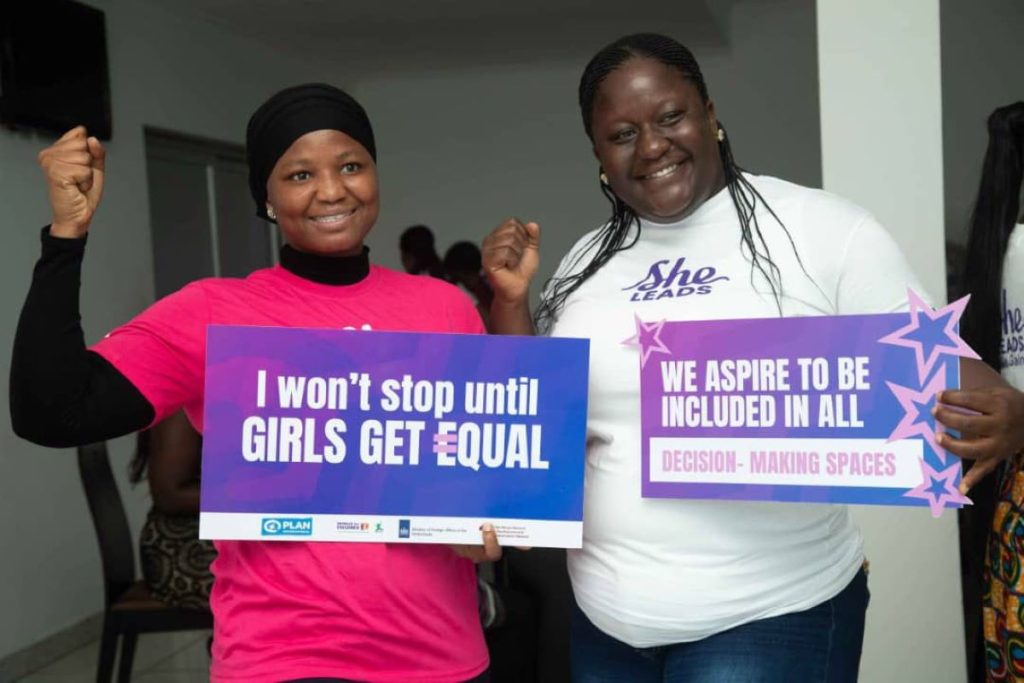Ghana has finally passed a law ensuring women’s equal representation in parliament, public life, and business after nearly thirty years of indecision, but activists believe that achieving parity will be challenging.
Last week, the Ghanaian parliament unanimously approved the Affirmative Action Gender Bill 2024, marking the culmination of a process that began in 1998 intending to foster a fair and just society.
However, gender discrimination is prevalent in the male-dominated West African nation with a population of 33 million, often resulting in the marginalisation of women and subjecting them to violence and harmful practices like female genital mutilation.
The new law aims to achieve a 50:50 gender balance in public positions and parliament by 2030. However, women comprise only 15 per cent of the parliament, falling well short of the United Nations’ target of 30 per cent representation for all countries.
The legislation states that its “objective is to ensure the attainment of gender equality in the political, social, economic, educational, and cultural spheres of society.”
Individuals obstructing this can face imprisonment for up to a year.
The new law also proposes quotas for women in the private sector in exchange for tax incentives.
According to World Bank statistics, women hold only 27 per cent of senior positions in the private sector.
Rodaline Imoru Ayarna, a member of the Alliance for Revolutionary Change, stressed the necessity of broader consultations to implement the law effectively.
“Due to our cultural norms and values, they play a significant role in helping people understand what we are advocating for,” she explained.
“Mindset change is crucial; we need to help people recognise that women are just as capable, if not better, at performing the same tasks as men. There was a time when it was believed that women couldn’t go to war or operate weapons, but now they are doing so. Women are piloting aircraft, captaining ships, and more,” she added.
Ghana’s two main political parties, the ruling New Patriotic Party and the primary opposition National Democratic Congress, have made gender equality a central theme in the lead-up to the presidential election in December.
The NDC has pledged to establish a development bank specifically for female entrepreneurs, offering loans at low interest rates, while the NPP has committed to creating a similar institution to support women-led businesses.
Women frequently experience violence, as indicated by a 2016 government report revealing that nearly 39 per cent of married women aged 15 to 49 had been physically abused or assaulted.
Celestina Damoah of the Africa Center for Democracy and Socioeconomic Development struck a more optimistic tone.
“This is more than a mere law; it is the key to unlocking the potential of generations of women who have been eagerly awaiting their moment to thrive,” she remarked.

